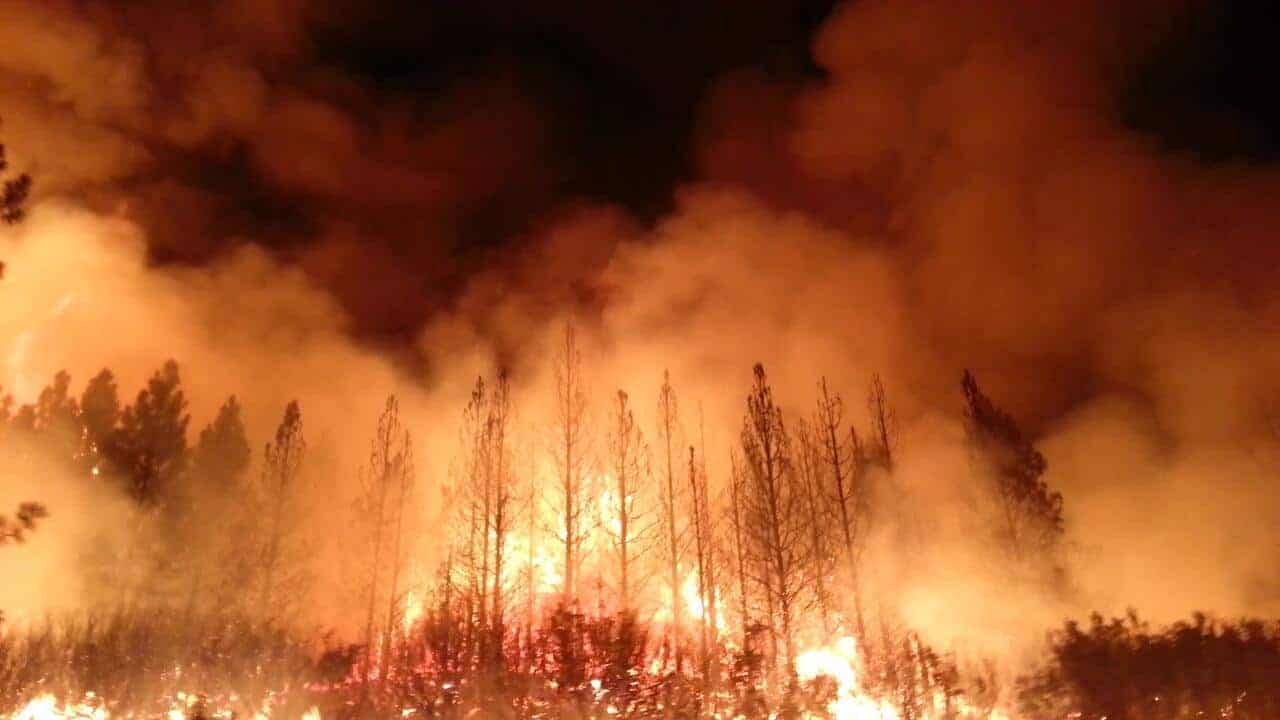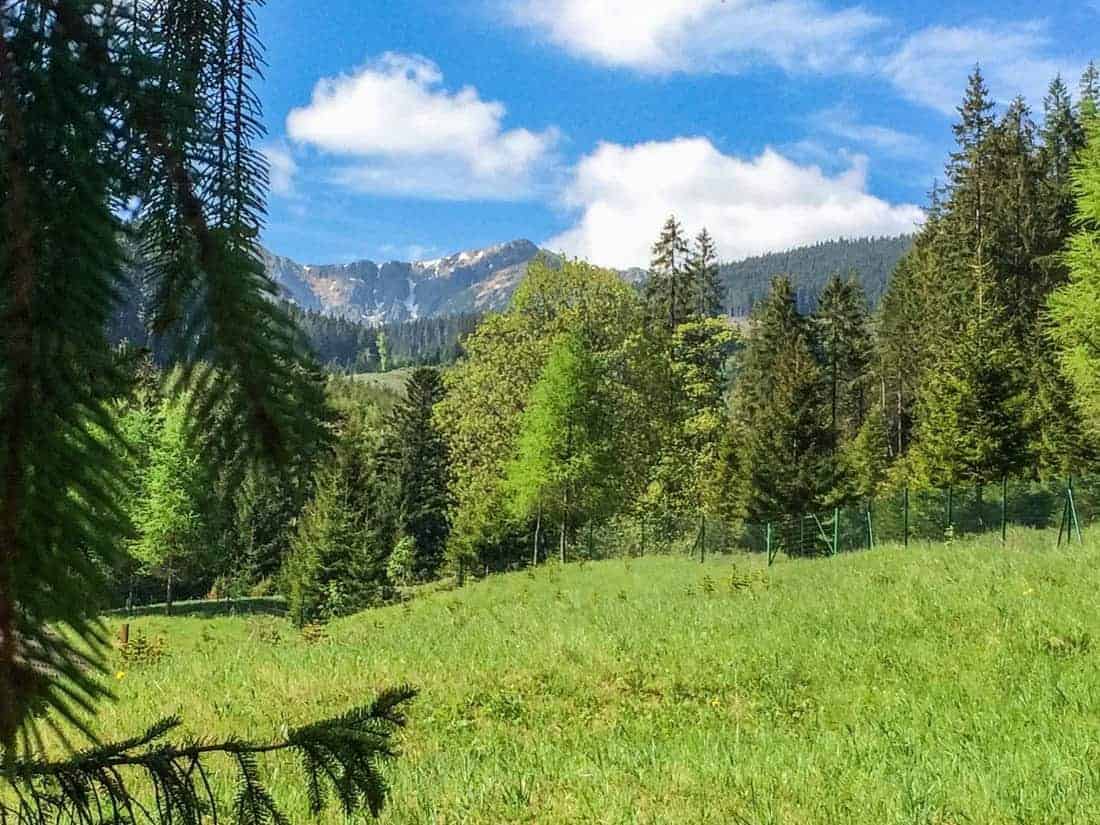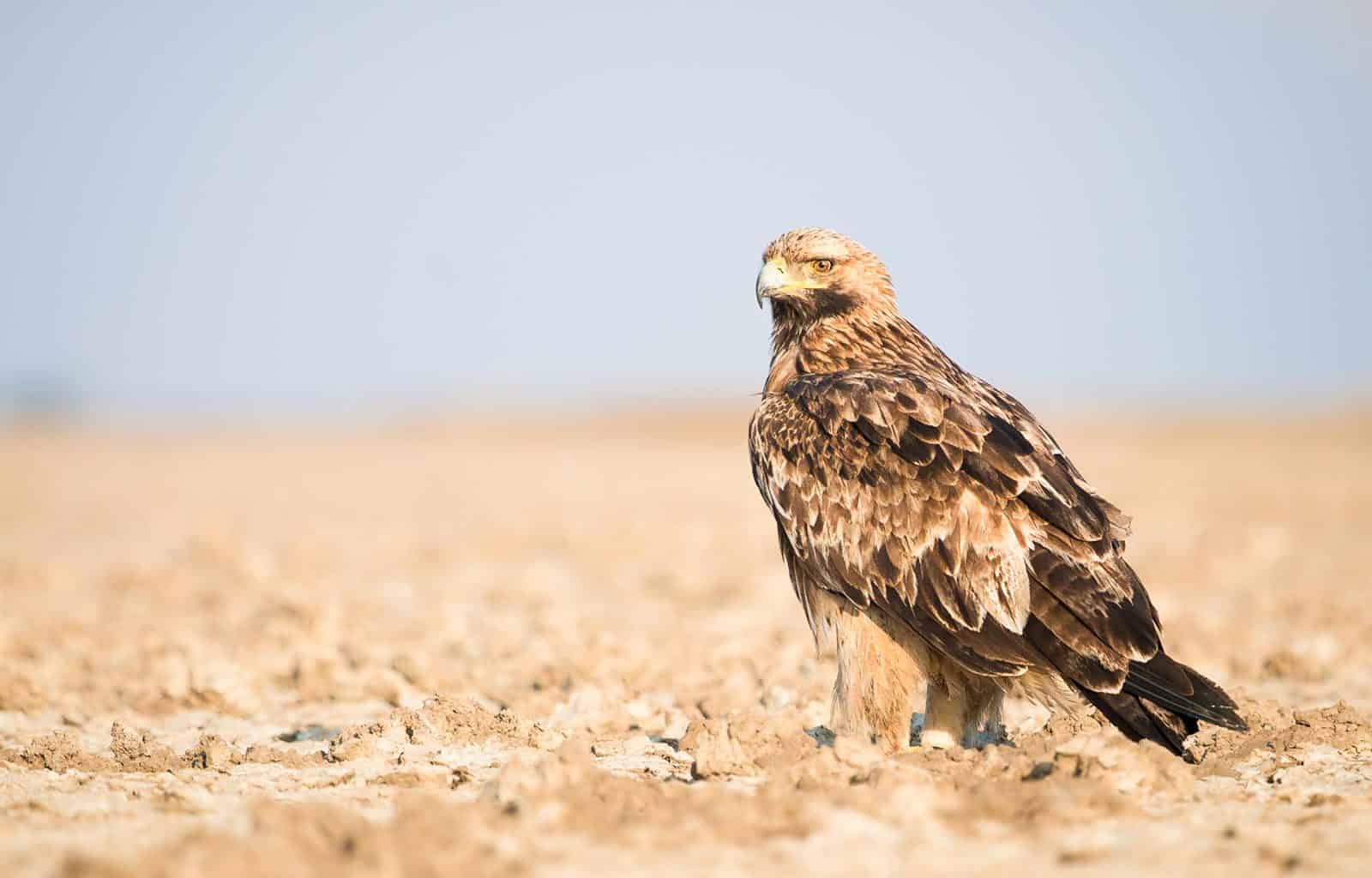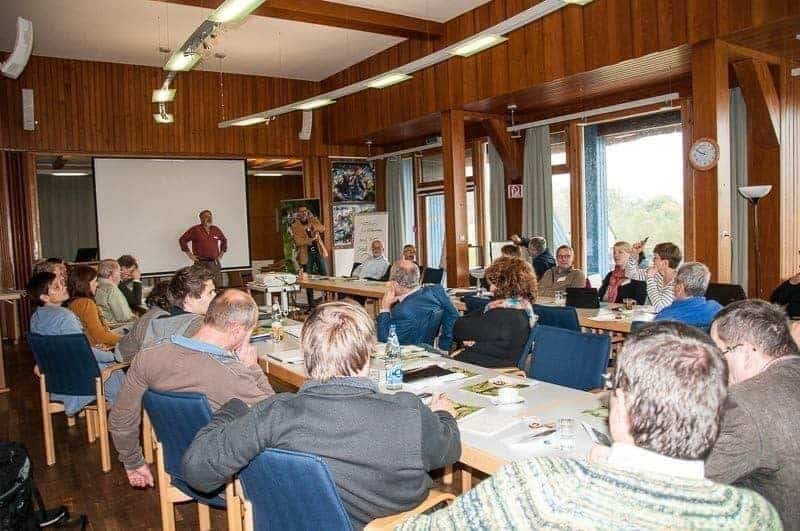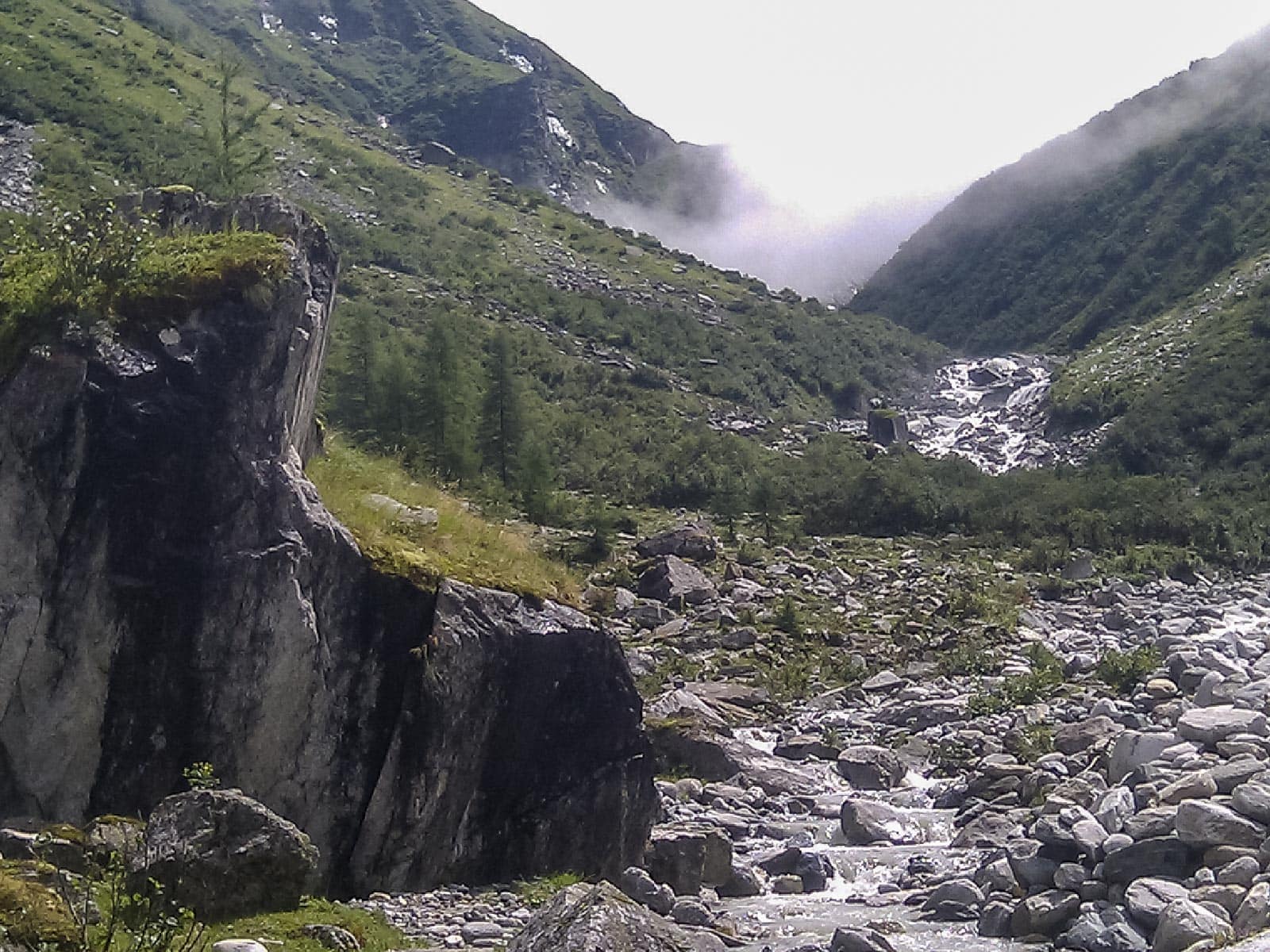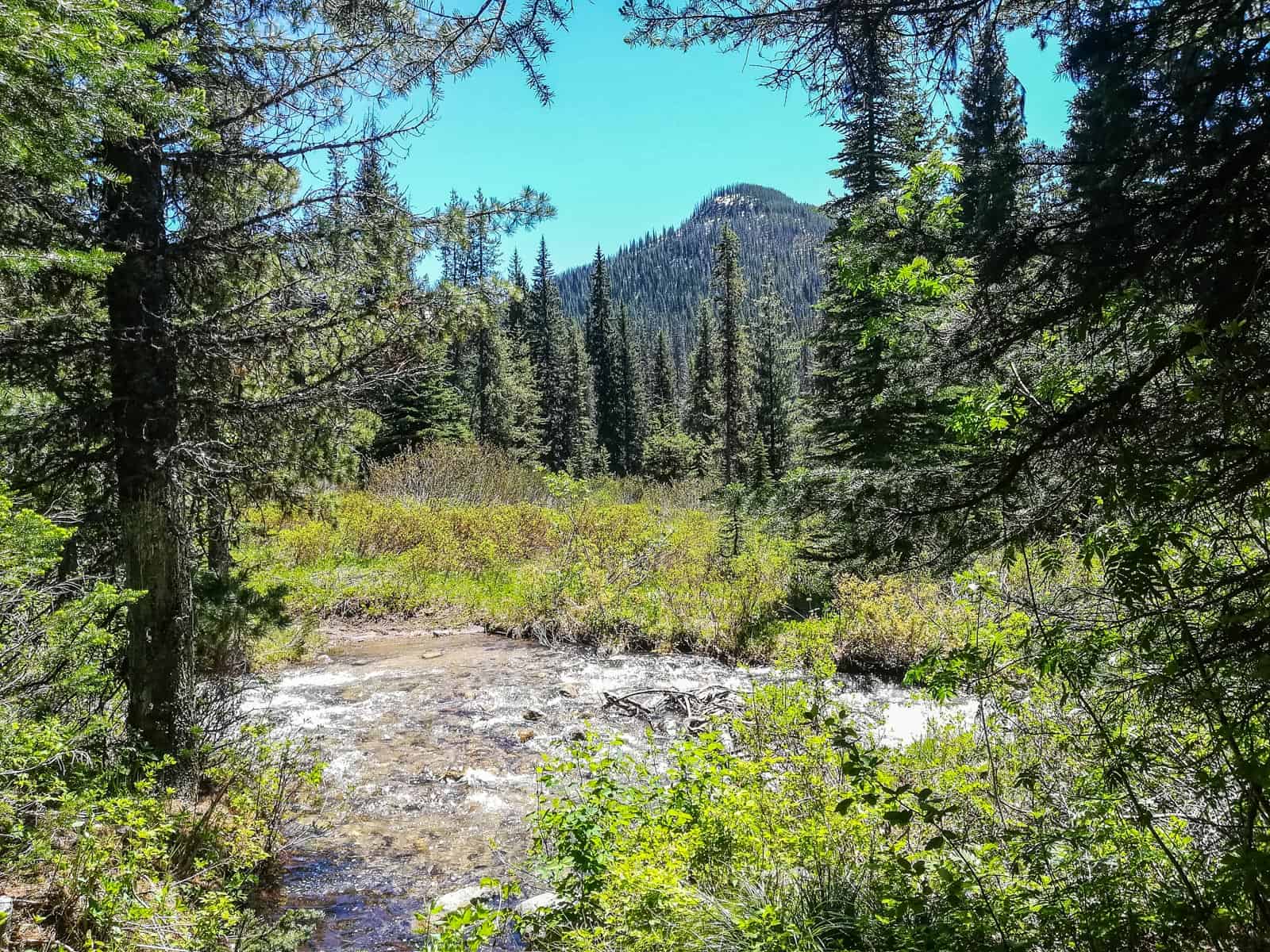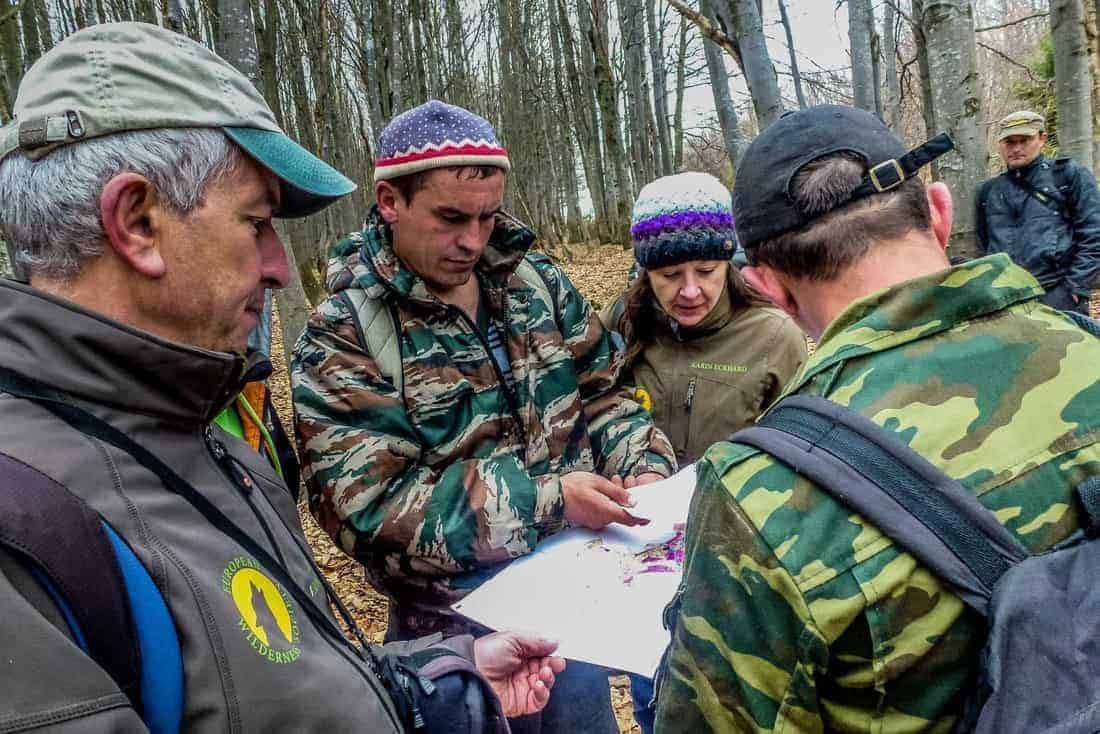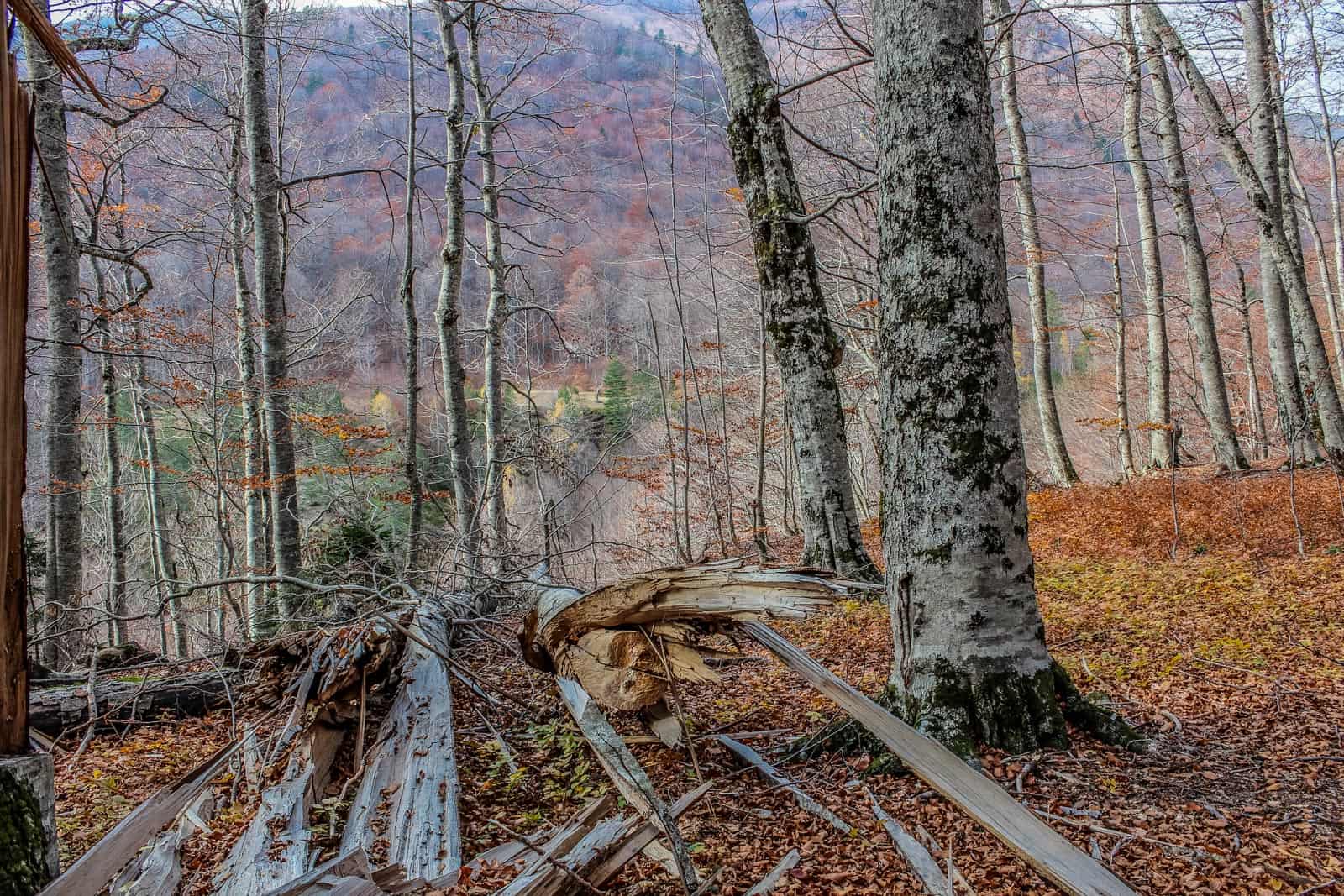Wilderness book club: The Invention of Nature
We are all familiar with Charles Darwin, but have you ever heard of Alexander von Humboldt? He was was a German polymath, geographer, naturalist, explorer, and proponent of Romantic philosophy and science. Some call him even the single most important scientist to describe natural processes and providing the foundations of the work of Charles Darwin. For instance, he was the first person to describe the phenomenon and cause of human-induced climate change. In the Americas and the English-speaking world, towns, natural elements, 300 plants and + 100 animals are still named after him. The book “The Invention of Nature: Alexander von Humboldt’s New World” by Andrea Wulf remarks his journey from Russia to the jungles of South America to the Himalayas and his findings along they way.
The beginnings
Yet today, outside Latin America and Germany, we forgot his name nearly. His insights have become so integrated by modern science that they may no longer seem astonishing. Humboldt was born in 1769 to a Prussian court official and a forceful mother of Huguenot descent. He was brought up in the shadow of his elder brother, Wilhelm, a linguist and philosopher. But Alexander flowered into a brilliant polymath: a slight, apparently delicate man driven by ambition and insecurity. As with Darwin’s voyage on the Beagle 32 years later, Humboldt found his work on a single momentous journey, which becomes the centerpiece of the book.
Alexanders von Humboldt’s journey
In 1799, Humboldt set off for the Americas with a botanist, Aimé Bonpland, making landfall in modern Venezuela. Together they plunged by canoe into the botanic richness of the rain forests, ascending the Upper Orinoco, where Humboldt was the first to map the Amazons river’s union. Continuing on a nine-month, 1,300-mile trek along the northern Andes, the two men traversed through regions unseen by any naturalist before. His scientific passion was so strong that many times it almost killed him. When an earthquake broke around him, he calmly set out his instruments to measure and time it.
But Humboldt’s achievement lay less in geographic discovery than in the insights that the journey sparked. He had barely started across Venezuela before the falling water level in the idyllic lake of Valencia alerted him. He realized that not only irrigation but also the felling of the surrounding forests caused this. Humboldt, Wulf writes, “was the first to explain the fundamental functions of the forest for the ecosystem and climate: the trees’ ability to store water and to enrich the atmosphere with moisture, their protection of the soil, and their cooling effect. He also talked about the impact of trees on the climate through their release of oxygen. The effects of the human species’ intervention were already ‘incalculable,’ Humboldt insisted, and could become catastrophic if they continued to disturb the world so ‘brutally.’ ”
A 34-volume series to describe his journey
Humboldt reached his epiphany on the slopes of Mount Chimborazo in today’s Ecuador, a mountain then considered the highest in the world. Climbing to more than 19,000 feet, he attained a record unsurpassed for 30 years and gazed with awe at the vast landscape spread before him. Here, Wulf claims, the fact that the world was a single, weblike, interconnected organism struck him anew. It was five years before Humboldt returned to Europe, via Cuba and Mexico. In North America, he stayed with a delighted President Thomas Jefferson.
Europe received Humboldt gloriously. Then, he settled for many years in Paris. There, he wrote the monumental 34-volume account of his great journey’s findings, “Voyage to the Equinoctial Regions of the New Continent.” Part of it, the multivolume “Personal Narrative,” a travelogue that blended scientific exactitude with poetic evocation, became especially influential. Darwin wrote that the work had saturated his youth and crucially inspired his travels.
A book full of Wilderness
Undoubtedly, Wilderness was more common in the 19th century than it is now. His descriptions of nature during his journey clearly show the reader how wild and untouched nature was and how little was known about it. Thus, “The Invention of Nature” is a must read for whoever is interested or working in the the world of environmental science!


